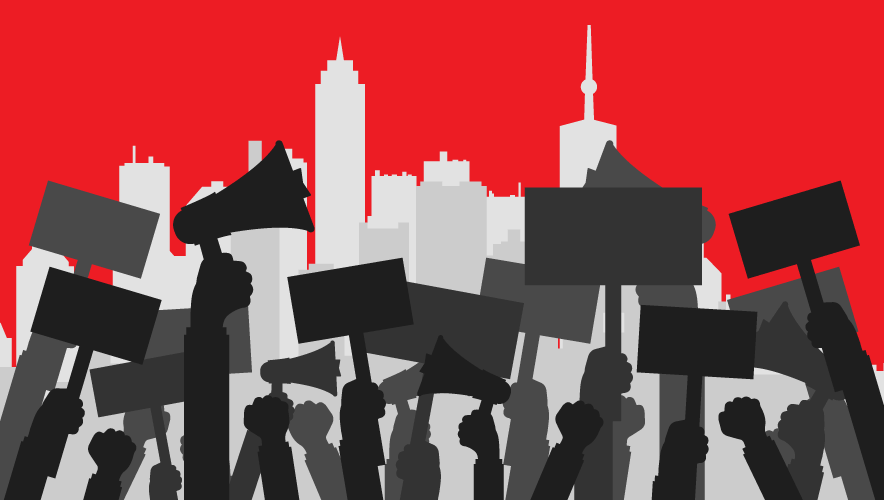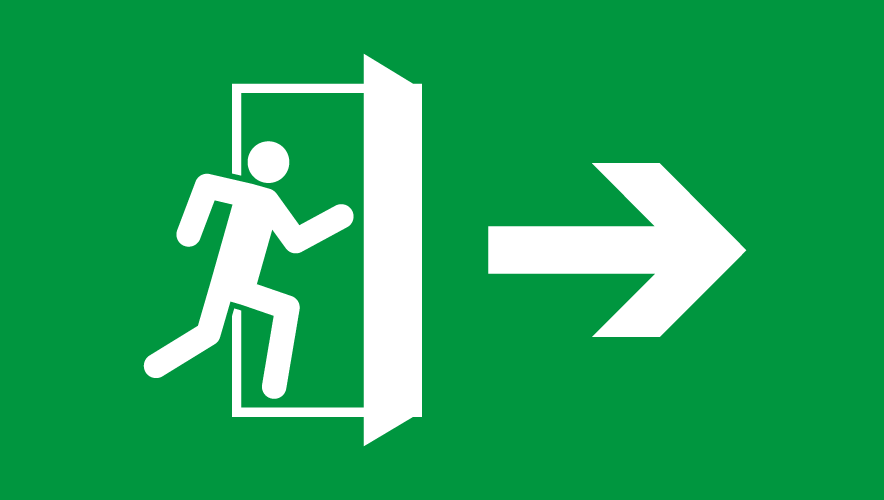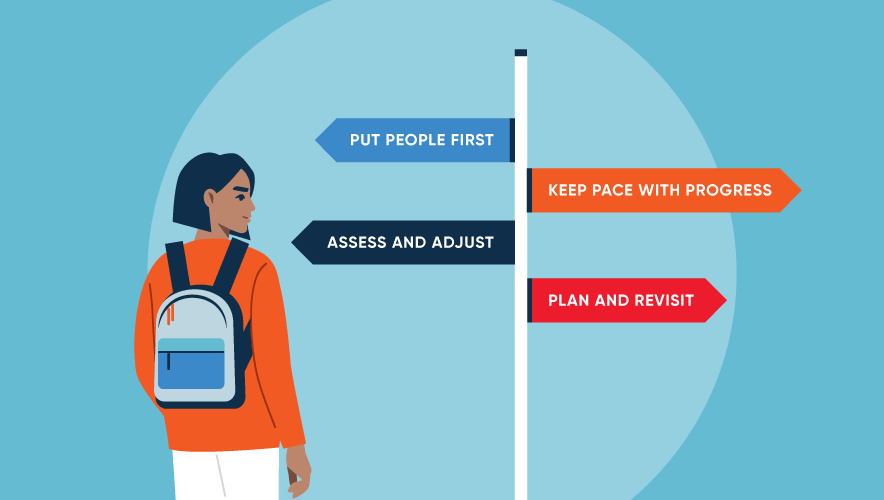Authorities Prepare for Unrest in Case Manhattan DA Charges former U.S. President Trump
During the weekend, former U.S. President Donald Trump wrote on social media that he would be arrested Tuesday and called for his followers to stage protests and “take our nation back.”
The media has been reporting for weeks that the Manhattan District Attorney Office's investigation of the 2016 Trump Campaign and an alleged hush-money payment to adult movie actress Stormy Daniels is coming to an end. The investigation may result in a criminal indictment of the former president, but no publicly available information suggests Trump will be charged or arrested today. Nevertheless, several jurisdictions have begun emergency preparations in case Trump is arrested and it leads to civil unrest.
From Palm Beach, Florida, to Atlanta, Georgia, to Washington, D.C., and New York City, police have been reviewing security plans in case angry protestors attempt to follow Trump’s call to action. The fear, of course, is that the country could see a repeat of the 6 January 2021 attack on the U.S. Capitol.
Preparation is most acute in New York City where authorities “try to figure out how to manage a potential throng of demonstrators who might surround the Lower Manhattan courthouse where he could appear,” according to The Washington Post. “Signs of preparation were visible outside the building, as metal barricades were seen being unloaded and erected nearby.”
The Washington Post goes on to report that there have been no direct, credible threats of violent protest yet. Authorities have reiterated that they have no indication from the Manhattan District Attorney that an arrest is imminent.
CBS News reported that all New York City police officers have been ordered to wear their uniforms on Tuesday.
“Intelligence sources tell CBS News that they are seeing significant increase in threats since Trump’s post, including violent rhetoric from domestic extremists mostly targeted toward law enforcement, judges, and government officials,” the media outlet reported.
In addition to the threat of civil unrest from Trump supporters—and potential clashes with protestors calling for the arrest of Trump—the possible indictment has many levels of security concerns.
For one, Republicans, including likely GOP rival potential presidential candidate and Florida Governor Ron DeSantis and a cadre of Congressional leaders, have blamed Democratic Manhattan District Attorney Alvin Bragg for pursuing what they call a blatantly partisan prosecution. Much of the right-wing anger online is directed at Bragg, who has been assigned extra security.
“Mr. Bragg and one of his top aides have already been the targets of threats on Mr. Trump’s social media platform,” The New York Times reports. “In an email to staffers on Saturday, first reported by Politico, Mr. Bragg assured prosecutors and other staff that he had been coordinating with the Police Department and court officials to ensure their safety.
“‘We do not tolerate attempts to intimidate our office or threaten the rule of law in New York,’ he wrote. ‘Our law enforcement partners will ensure that any specific or credible threats against the office will be fully investigated.’”
Another angle to consider is how the U.S. Secret Service, which protects former presidents, will react to an attempt to arrest Trump.
“The Secret Service plays an interesting role,” former Secret Service Agent Jonathan Wackrow told CNN. “Usually we see the Secret Service as a coordinating entity. They’re the ones that usually come up with these security plans for rallies and speeches and any type of political events surrounding either a sitting or former president. But in this case, they’re not. They are in a protective mode. They are viewing this as an administrative movement where they have to protect Donald Trump from point A to point B and let him do his business before the court and leave. They are not playing that active role that we typically see them. They are not providing the magnetometers at the courthouse, they are not providing the perimeter security that we typically see. Now, are they working with law enforcement partners? The answer is yes. They’re going to be informed, but they are not the controlling entity.”












